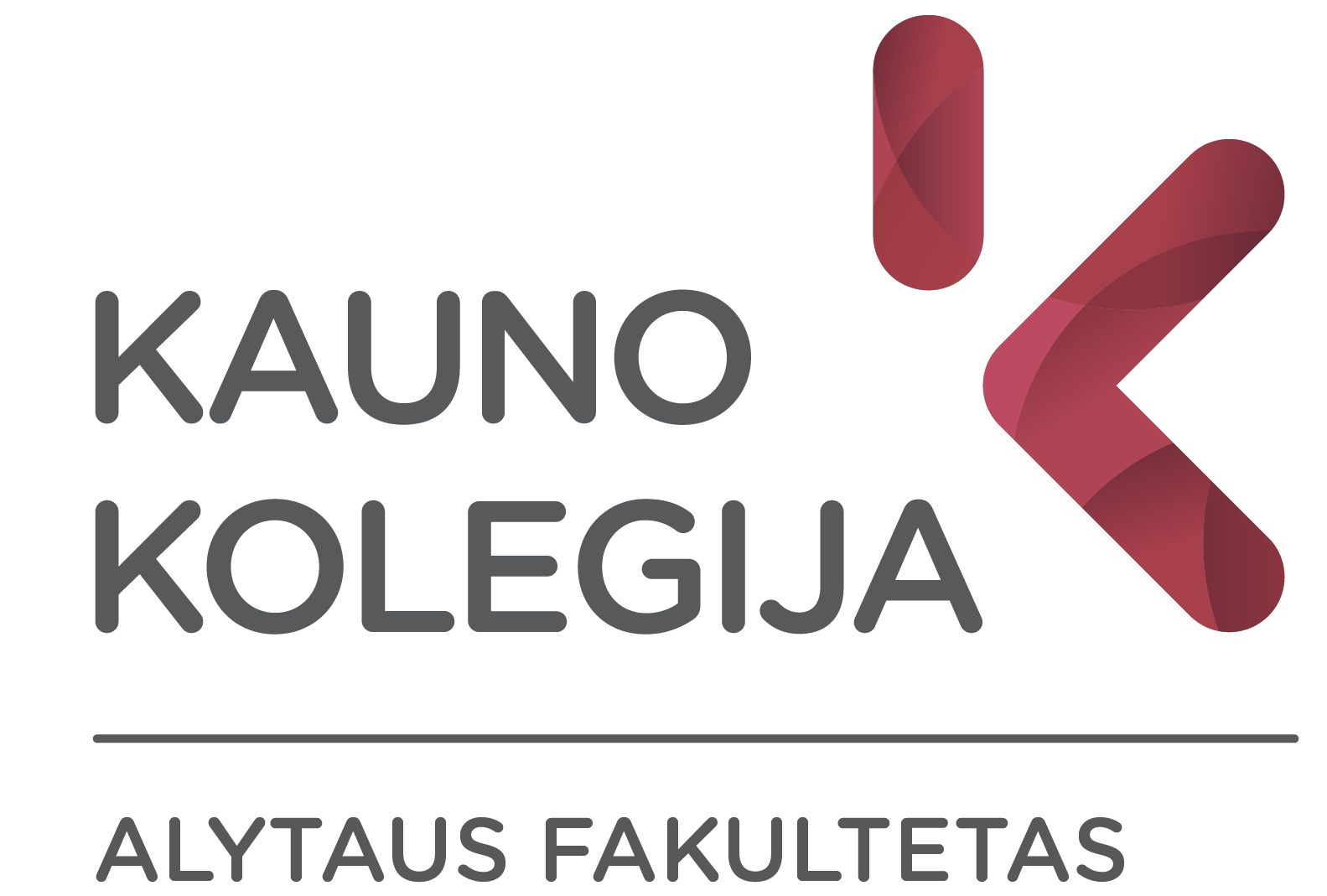Building Engineering Systems (LT)
Documents
Faculty: Faculty of Health Sciences and Engineering
State code: 6531EX002
Study area: Engineering Sciences
Study field: Civil Engineering
Type and level of the programme: higher education undergraduate college studies
Mode of studies and duration in years: full-time (3), part-time (4)
Volume of the study programme in credits: 180 ECTS
Awarded degree/professional qualification: Professional bachelor of Engineering Sciences
Language of the programme implementation: Lithuanian,
Purpose of the study programme
The study program is designed to convey the basics of the profession of a building engineering systems specialist and to form the professional and general skills necessary for independent work and successful career, in a modern labour market environment. The study program includes the following areas of activity: design of building engineering systems, their installation, organization and execution of maintenance and repair of building engineering systems, organization of business enterprise (department) activities.
BES Study Programme aim – train specialists of building engineering systems able to accomplish independently complex work requiring personal responsibility in the fields of installation, maintenance and repairs of modern building engineering systems; to design heating, ventilation and air conditioning and water supply and sewage disposal systems using energy-efficient technologies and alternative energy sources; to carry out a business company’s (division’s) or individual activities by formulating and reasoning the solutions in civil engineering; to develop general abilities for life-long learning, working in a team, creative and critical thinking, analysing and generalizing the results of their work
BES Study Programme Learning outcomes
| Description of learning outcomes of the study cycle | Learning outcomes |
| Knowledge and abilities | 1. To know the general processes and phenomena of natural sciences that explain the processes of natural and technological environment as well as the regularities and laws of mathematics and engineering sciences necessary to understand the fundamental foundations of the field of civil engineering. |
| 2. Know the most important concepts of the field of civil engineering, their content, legal regulation, design methodologies and the basics of building information modelling, formulating and performing design tasks according to the defined requirements. | |
| Abilities to carry out engineering analysis and research | 3. Apply general knowledge of engineering sciences and civil engineering in analysing and solving modern structural, technological and project-related problems of building engineering systems. |
| 4. Carry out research in the field of building engineering systems using analytical modelling methods, experimental, laboratory and industrial equipment; process testing and laboratory work results necessary for solving problems of building engineering systems design and modernization and provide practical findings of the results using information technology, software and databases as well as other sources of scientific and engineering information. | |
| Special abilities | 5. Design heating, ventilation, air-conditioning and water supply and sewerage systems, applying energy efficient technologies and alternative energy resources; assess the impact of engineering equipment on the building construction project and its implementation and prepare project estimate documentation. |
| 6. Plan, organize, perform and assess the work of building engineering system renovation, installation, management as well as maintenance and repairs by selecting independently innovative technological, organizational, safety and structural measures taking into account the principles of occupational safety requirements. | |
| 7. Understand organizational principles of construction activities, aspects of project implementation and management in the level of engineering and assess professional decisions of a civil engineer in terms of the ethical, social, economic, environmental and human safety perspective. | |
| Social abilities | 8. Apply communication and cooperation skills working in groups and teams; provide construction engineering problems and solutions in writing and orally in standard Lithuanian language and at least one foreign language. |
| 9. Organize and execute business (branch) activities, apply professional knowledge, take responsibility for the quality of personal and subordinates’ performance. | |
| Personal abilities | 10. Learn independently in the field of professional activity throughout one’s life, to understand the moral responsibility for the impact of one’s activities and their results on society, to maintain the values of a business company, ensuring a personal and corporate image. |
Career opportunities
Graduates will be able to work in construction businesses enterprises and public administration institutions, as well as in the design and maintenance of building engineering systems.
It is possible to continue university studies in the graduate study programmes of Civil Engineering field in the area of Engineering Sciences.
Degree granting requirements
Graduate’s knowledge, skills and abilities indicated in the description of the study programme are tested and assessed in public defence of a graduation thesis. A graduation thesis is an analytical project based on independent applied research. 12 ECTS are given for preparation and defence of a graduation thesis.
Coordinator of the study program:
Lecturer Sigita Alavočienė















